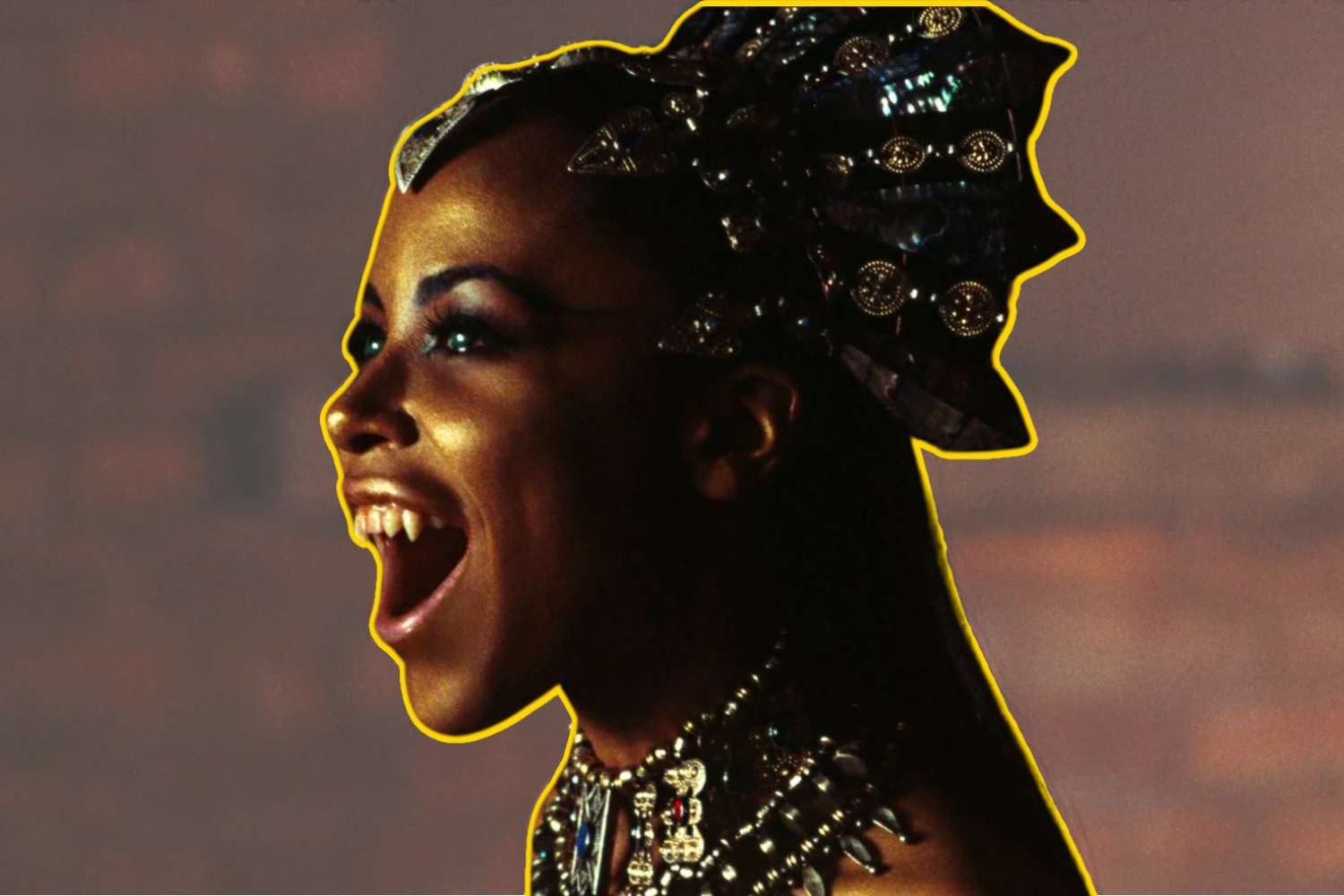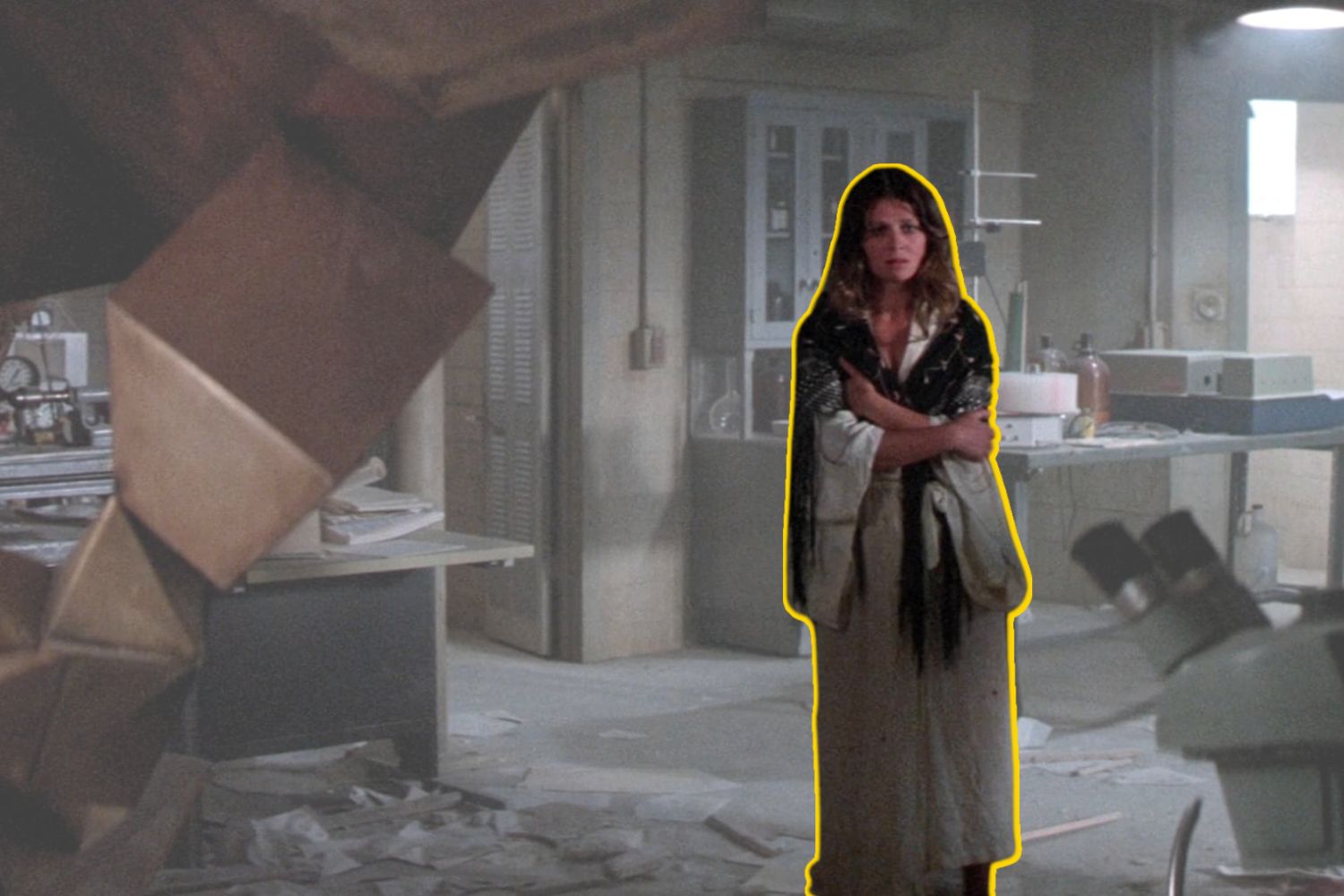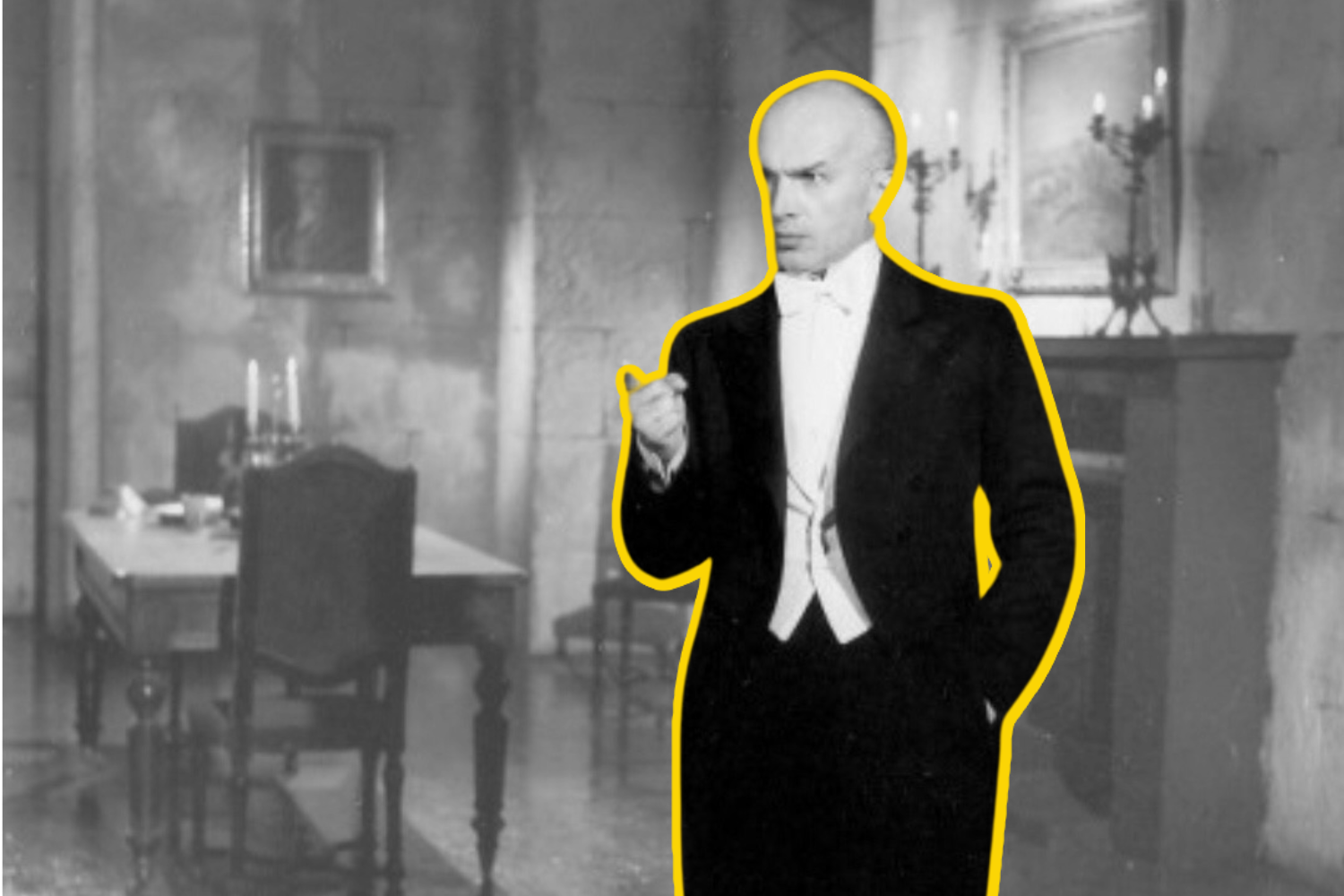Editorials
‘Queen of the Damned’ Brought Vampires Into the 2000s
February 22nd, 2024 | By Kayleigh Donaldson

They say that vampires never truly go out of style. Trends come and go, often in a cycle, but great tropes of speculative fiction endure because of their inherent appeal. On top of that, the best ones are malleable enough to bend to changing ideas and themes, making them ideal for all your genre metaphor needs. Vampires can withstand it all, but even they couldn’t make nu-metal stick.
By the end of the ‘90s, the faces of vampire fiction on the big screen had evolved from lascivious seducers of aristocratic fanfare to a teenage sass-machine with a stake and a leather-clad hunter weaving through blood-soaked nightclubs. Vampires were the bad guys again, so soon after Neil Jordan’s Interview With the Vampire breathed new life into the sympathetic kind. Despite that film being a big hit, plans to make the sequel with the original cast fell through. By the decade’s closing, Warner Bros. had to get another movie in production or lose the rights. They took the next two books in the series and mashed them together for Michael Rymer‘s Queen of the Damned, a follow-up they hoped would appeal to a youth audience raised on Gen X cool and MTV2.
Become a Free Member on Patreon to Receive Our Weekly Newsletter
In the Vampire Chronicles, the game-changing magnum opus of the late, great Anne Rice, Lestat de Lioncourt emerges from the ground after decades of rest when he hears the sound of something so radical and earth-shaking that it inspires him to change the world. Rock music becomes his inspiration, and soon the brat prince has turned himself into a swaggering music icon, using the hypnotic allure of contemporary rock (the 1980s, in terms of the book release) to spread the eternal secrets of vampire-kind to all humans. Rice imagined Lestat as a Jim Morrison-type, halfway between lounge lizard and apocalyptic prophet. In terms of ‘80s rock, he would probably have been in a band like The Cure or The Smiths, but with more symphonic impact. It’s hard to imagine him as the lead singer of Korn.
This Lestat, played by a soporific Stuart Townsend, is awoken from his stupor by nu-metal and becomes a defanged Marilyn Manson-type through the power of songs provided by Korn’s own Jonathan Davis. He plans to reveal the great mysteries of his kind to the world through his work and taunts his fellow vampires into stopping him. But his music has also unexpectedly awoken Akasha, the mother of all vampires, from her centuries-long slumber, and she wants Lestat to join in her plans for world domination.
The grandeur of the vampires’ backstory is boiled down to its bare bones here, and Lestat’s own origin is completely ignored. What seemed to matter most to Warner Bros. and director Rymer was the music and the vibes, hence the decision to condense about 1100 pages of exhaustively detailed lore into one 100-minute film. Granted, none of these vibes are Rice-esque. For all of the melodrama of her beloved vampires and their heated emotional vastness, they’re never po-faced. Lestat mocks his fellow vampires who wallow in the cliché of eternal misery, although he’s hardly immune to the melancholy himself. Here, he’s sapped of his charisma, so woe-is-me about his nature. You don’t really understand why he wants to let the world know about the vampires’ secrets other than the source material telling him to do so.
This Lestat is also depressingly heterosexual, shoehorned into a romance with a woman who he barely interacts with in the book. Rice’s vampires are all pansexual, their desires unconcerned with the gender binary, which was and still is pretty groundbreaking for mainstream fiction. Yet this is a curiously sexless film, except for Aaliyah, who is channeling just enough of Tom Cruise from the previous film to nail Akasha’s lascivious evil.
This mish-mash leads to a tonal dissonance that the film never gets over. Queen of the Damned seems to have been made by people who are trying to reverse-engineer camp, all while misunderstanding what camp actually is. Neil Jordan knew how to make it work, allowing his actors to chew at melodramatic dialogue with zeal but never at the sacrifice of their characters’ emotional core or sensuality (and jokes, because Tom Cruise’s Lestat is legitimately hilarious.) Here is a film made by people who never truly embraced what it meant to tell this tale. So, even great actors are left to stand around in a circle and look either bored or are hamming it up to the eights.
Being an Anne Rice fan meant taking what you could get for a long time. Shortly after this film’s flopping, Rice quit writing the series after a religious reawakening (she got over that eventually and wrote three more Vampire Chronicles titles.) Unless you owned bootleg copies of the hilariously bad Elton John musical Lestat, you had two movies, and that was it. So, for all of Queen of the Damned’s faults, it’s easy to feel a kind of fannish warmth towards it. It’s appropriately angsty, Aaliyah is perfectly cast as Akasha, and the stakes are appropriately high. Nu-metal may not be especially Lestat-esque, but for a certain generation (of which I include myself), we would certainly have marched to the ends of the earth for that sound. Now that achingly cool musicians like Rina Sawayama, Sasami, and Megan thee Stallion are revealing the nu-metal influences on their sounds, perhaps Queen of the Damned was onto something.
The too-cool-for-school early 2000s was not quite as drenched in the post-modern irony of its predecessors, but the first days of the Bush era certainly didn’t seem to have much tolerance for full-throated commitment to the bit. Maybe this wasn’t the right time to make Queen of the Damned, or indeed any Rice story. The extravagant new TV adaptation, which drastically changes the source material, fits our current time well, torn between proud queer resistance and “burn it all down” exhaustion with the world. Vampires endure, even if the aesthetic ages, and Lestat was always designed to outlast a fad. It depends on the rock music he adopts for the 2020s.



